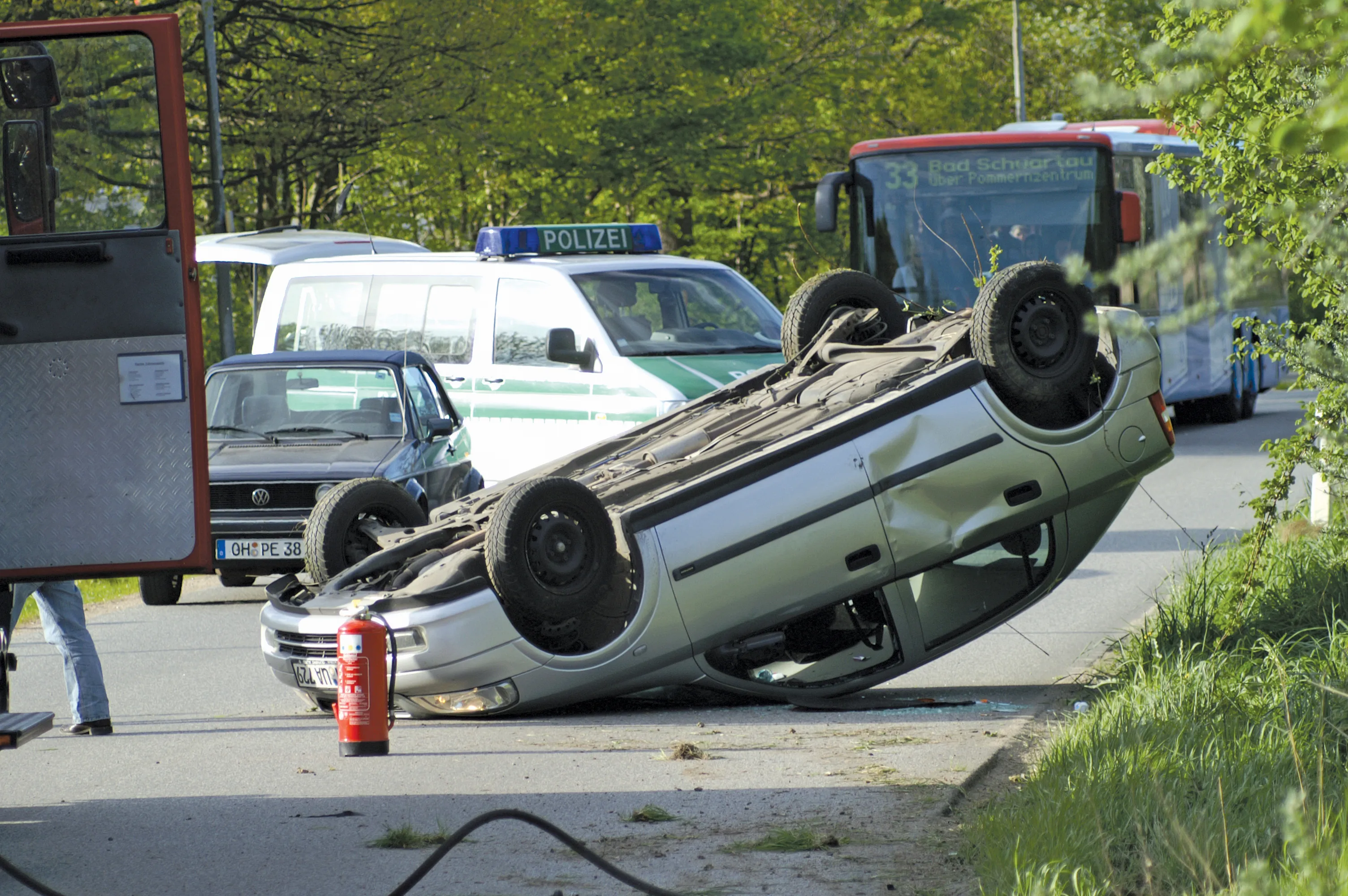As introduced in an important new publication, the United Nations Economic Commission for Europe (UNECE) has a longstanding commitment to promoting and creating an enabling environment for Intelligent Transport Systems (ITS). The world’s citizens depend on safe, efficient and secure transport systems. Whether we travel by road, boat, rail or air, we rely on our transportation systems to get us where we need to go. The same systems play an important role in our national economic well-being, making it poss
June 14, 2012
Read time: 4 mins

As introduced in an important new publication, the United Nations Economic Commission for Europe (UNECE) has a longstanding commitment to promoting and creating an enabling environment for Intelligent Transport Systems (ITS).
The world’s citizens depend on safe, efficient and secure transport systems. Whether we travel by road, boat, rail or air, we rely on our transportation systems to get us where we need to go. The same systems play an important role in our national economic well-being, making it possible to move goods from place to place and to succeed in the global marketplace. Starting from an overview of the actions so far initiated by the'Intelligent Transport Systems (ITS) for sustainable mobility', which was launched at a prominent
UNECE and Intelligent Transport Systems
“Intelligent Transport Systemsplay an important role in shaping the future ways of mobility and the transport sector. We expect that through the use of ITS applications transport will become more efficient, safer and greener. The huge potential and benefits, however, can only be reaped if ITS solutions are put in place - internationally harmonised as much as possible.
Long since, UNECE focused on Intelligent Transport Systems as a valuable technologydriven instrument able to boost the future of the transport systems. Hence, the first UNECE Round Table on ITS was organised in 2004 and the first ITS focal point was nominated. At the same time, the Division intensified its work and promotion of ITS inside and outside the United Nations.
UNECE Working Parties undertake to implement the Division's strategies, while - given their competences and mandates - they consider the different aspects of ITS and its compliance with UN legal instruments and technical provisions.
To this end, UNECE Working Parties have been and are dealing with Intelligent Transport Systems. The Working Party on Road Traffic Safety (WP.I), for example, is advancing on liability concerns, Variable Message Signs or safety risks related to driver distraction. The Working Party on Inland Water Transport (SC.3) resolves questions related to River Information Systems (RIS). The Working Party on the Transport of Dangerous Goods (WP.I5) examines how Telematics can be used to enhance safety and security and the Working Party on Road Transport (SC.I) drives the Digital tachograph and e-CMR implementation. The World Forum for Harmonisation of Vehicle Regulations (WP.29) promotes ITS matters on-board of vehicles, such as Lane Departure Warning Systems (LDWS), Advanced Emergency Braking Systems (AEBS) and On-board Diagnostics (OBDs).
In 2010, driven by the commitment to further advocate the potential added value of ITS in achieving a sustainable mobility all across transport modes, the UNECE secretariat launched a study on the use and best practices in ITS solutions worldwide. Thus, the UNECE secretariat with the active support of the German and Italian Transport Ministries, as well as SINA - Societa Iniziative Nazionali Autostradali, cooperated to build up a general view of the ITS deployment and current best practices, as well as areas of work where UNECE could further promote the use of ITS.
A draft strategic note was subject to a webbased public consultation in March through to July 2011. All comments received from Governments, businesses and academia, were thus incorporated into the final strategic note and in the Road Map on ITS. This forms two of the main chapters of this publication and leads to the pathway of the UNECE publication ‘Intelligent Transport Systems for sustainable mobility’. The overall goals are:
(a) To share information (including best practices) and raise awareness about the values ITS solutions can deliver through the background document.
(b) To identify the main gaps in and impediments to the broader use and rapid dissemination of ITS applications irrespective of which organisations, institutions or bodies can or will fill the gap through the strategic note.
(c) To outline the areas and list the ITS activities that UNECE can embark upon either as a continuation of ongoing tasks or as new initiatives through the UNECE Road Map on ITS.
Throughout the publication, it will be evident that technological innovation leads legal and institutional change and that governments and policymakers are urged to catch up with the current trends and even speed up their actions.
The core objective of the UNECE strategy on ITS, embodied by this publication, is to lobby for new actions and policies where Intelligent Transport Systems improve the quality of life and make sustainable mobility available across borders.









